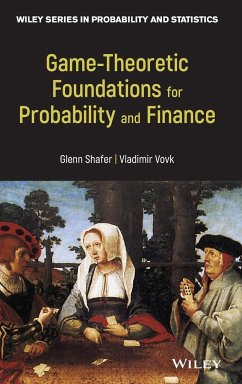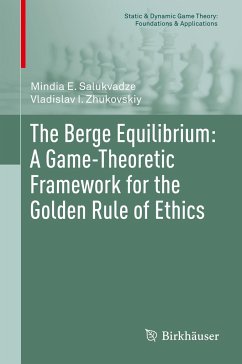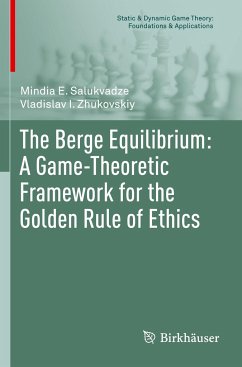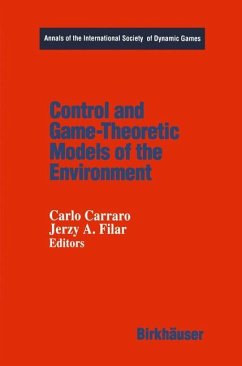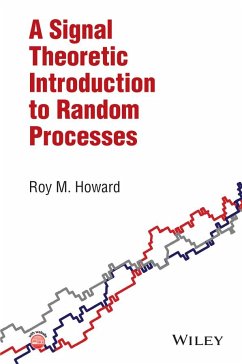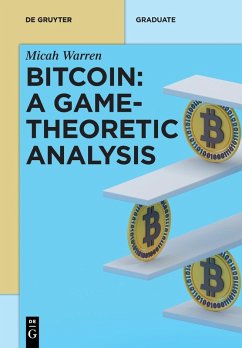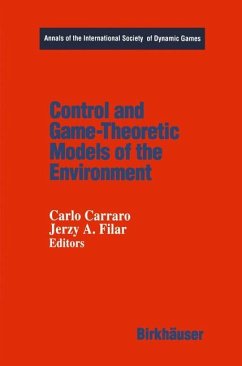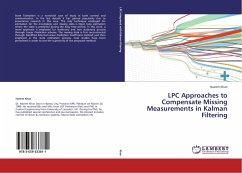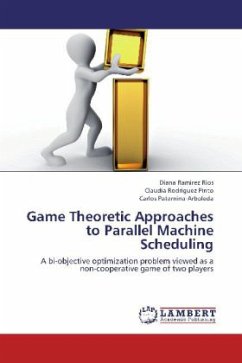
Game Theoretic Approaches to Parallel Machine Scheduling
A bi-objective optimization problem viewed as a non-cooperative game of two players
Versandkostenfrei!
Versandfertig in 6-10 Tagen
45,99 €
inkl. MwSt.

PAYBACK Punkte
23 °P sammeln!
In a scheduling problem than considers identical machines, the job assignments can become pretty challenging, given that these jobs require the least time in their waiting line and at the same time, the total completion of the jobs need to finish as soon as possible. This is a why a bi-objective optimization problem is approached, where both makespan and total flow time need to be minimized. A mechanism proposed to solve this problem with a setting of a 2-player non-cooperative game, under tht framework of a 2x2 non-zero sum matrix; where each player aims for a different objective suggested in...
In a scheduling problem than considers identical machines, the job assignments can become pretty challenging, given that these jobs require the least time in their waiting line and at the same time, the total completion of the jobs need to finish as soon as possible. This is a why a bi-objective optimization problem is approached, where both makespan and total flow time need to be minimized. A mechanism proposed to solve this problem with a setting of a 2-player non-cooperative game, under tht framework of a 2x2 non-zero sum matrix; where each player aims for a different objective suggested in the scheduling problem. The scenario implied each job behaving selfishly and attempting to move to a previous position in the machine, which generated a cost for the job agent, who is attempting to minimize the total flow time; while a controlling agent is in charge of assigning the jobs to the machines in order to minimize the total completion time or makespan. As a result of the dynamic trade-offs between the agents in the repeated game, a Pareto Front set of points is obtained.




